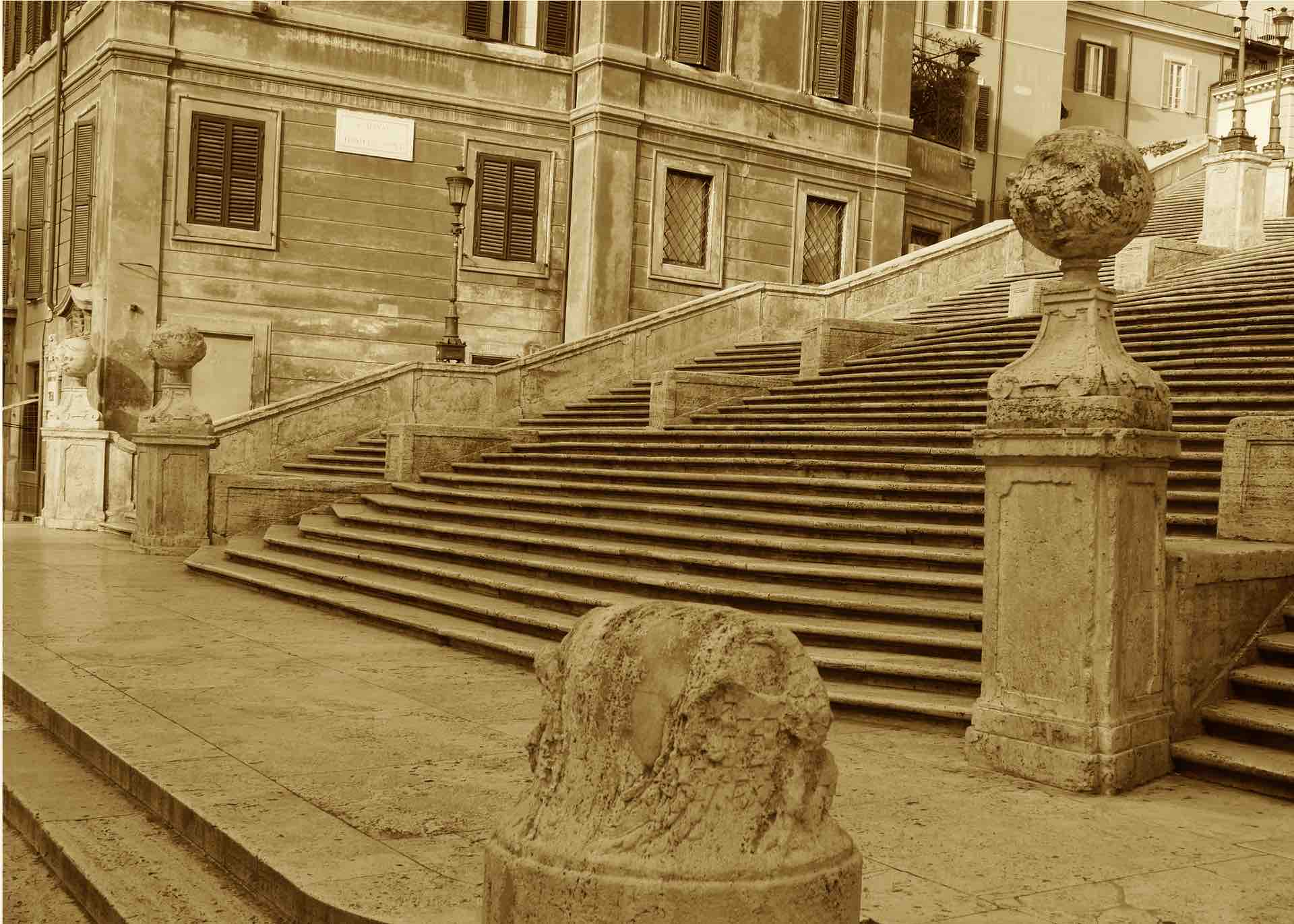I giochi di quartiere: Gambling and Diplomatic Rights of Immunity in Baroque Rome

Sulla base di un ampio processo del Tribunale del Governatore di Roma, il saggio esamina la violenza e il disordine associati al nome dell’ambasciatore spagnolo, il conte di Oñate, nell’estate del 1627 e alle pretese di immunità diplomatica per il quartiere spagnolo di Roma. Una grande parte della violenza di quell'estate si concentrava sulla difesa dell'ambasciatore e dei suoi uomini del diritto di tenere giochi d'azzardo illeciti all'interno del loro quartiere. Nonostante gli sforzi del Governatore di Roma e dei suoi birri per sopprimere tale abitudine, la famiglia di Oñate prevalse, rivelando la debolezza della riforma papale sui passatempi popolari e la forza delle pretese di sovranità dell'ambasciatore spagnolo sulle strade e sulle piazze di Roma.
In the course of the summer of 1627, papal constables and servants of the Spanish ambassador in Rome sparred in a series of street battles that brought the neighborhood around his palace in Piazza della Trinità dei Monti to a standstill. The violence did not stem over what we might deem high politics. Rather the ambassador’s men were defending their ability to gamble at his palace under the protection of his diplomatic immunities. This went up against Pope Urban VIII’s reforming zeal that sought to eradicate the vice of gambling from the streets and squares of the city, and especially in the quarters of the ambassadors. This essay will examine the lengthy trial – numbering more than four hundred folios – that resulted from the tribunal of the Governor of Rome’s investigation into the violence provoked by the Spanish ambassador and his familiars. The trial highlights seventeenth-century embassies as a privileged space for gamblers, the importance of games of chance as a diplomatic right protected by the immunity of the quarter, and the failure of the papacy to curb this illicit activity.
In defending the gambling in his palace, the Spanish ambassador asserted his sovereignty over a wide swath of the rione of Campo Marzio and projected Spanish power into the streets, revealing the limitations of papal goals in controlling the streets of the city and monitoring the activities of foreign embassies. Championing his men’s ability to gambling was also a defense of the ambassador’s honor and the majesty of his monarch. Any slight to this honor, even the arrest of gamblers in his palace or even outside in the square, was a perceived assault on the ambassador’s sovereignty in Rome. This essay locates diplomacy outside the court and papal audiences by situating it in the streets of Rome. Diplomatic immunities and the gambling it fostered could fundamentally shift the tone of a neighborhood, for good or ill. Ambassadors, therefore, did not stand above the noise of the street, but inserted themselves into the life of community as «islands of immunity» in the urban fabric that both attracted crime and violence and presented opportunities for Romans.
Hunt_I_giochi_di_quartiere